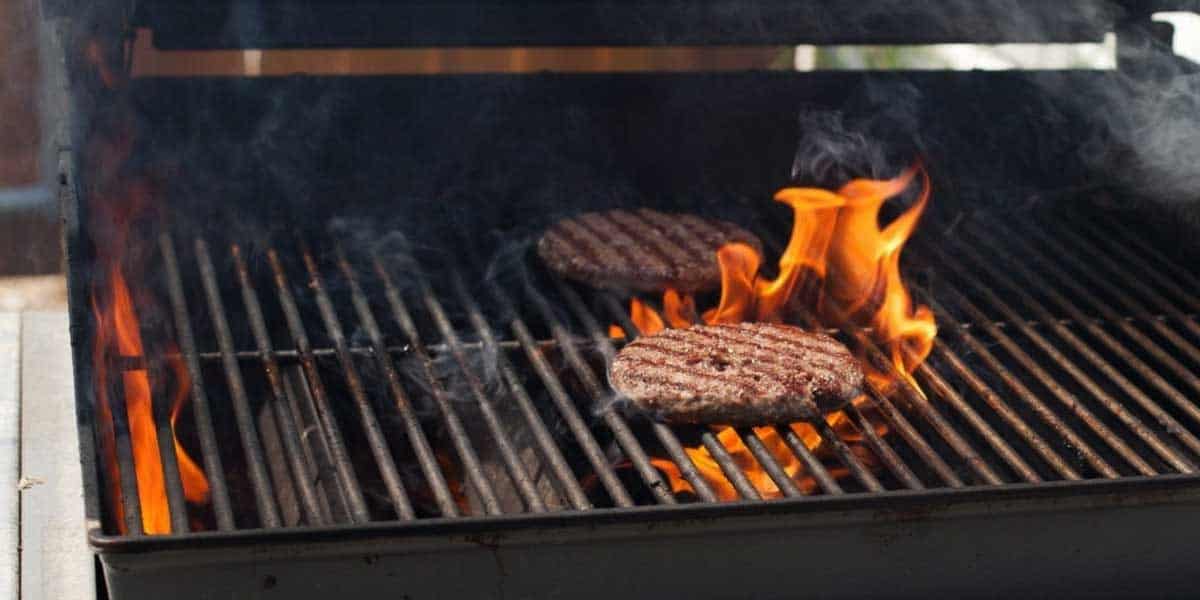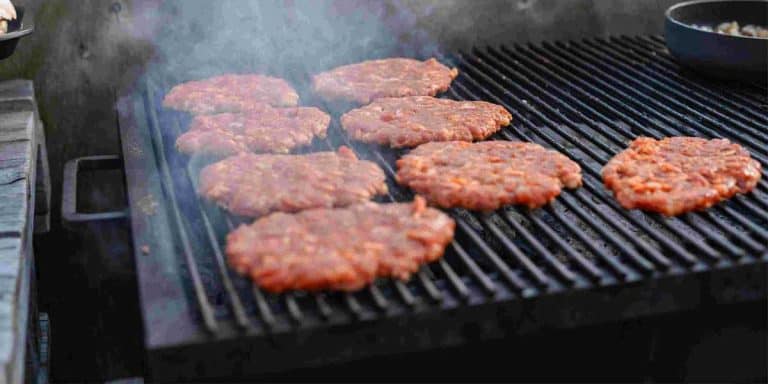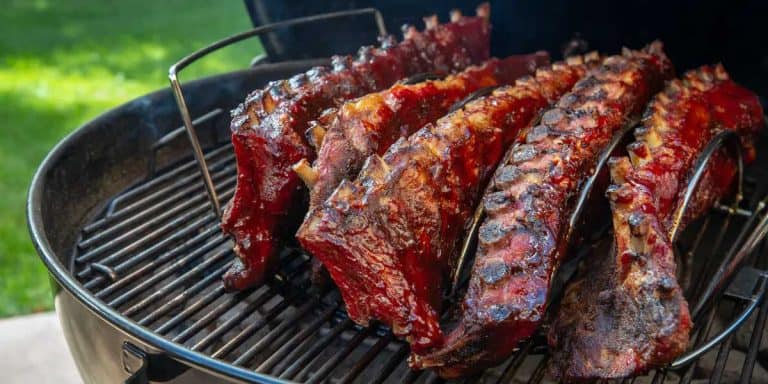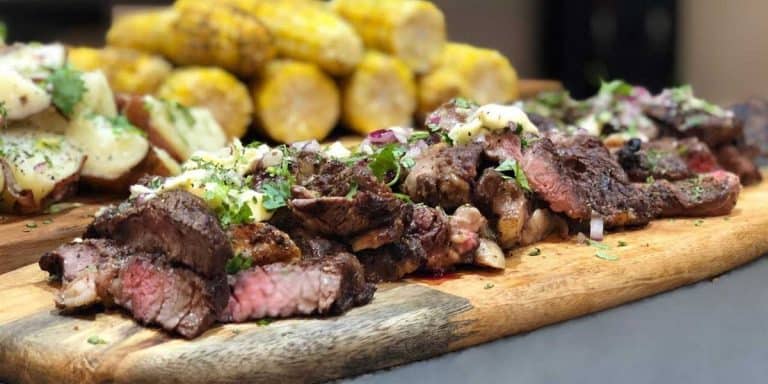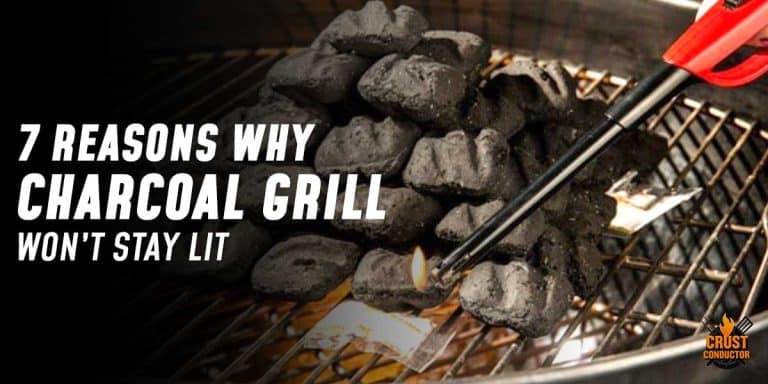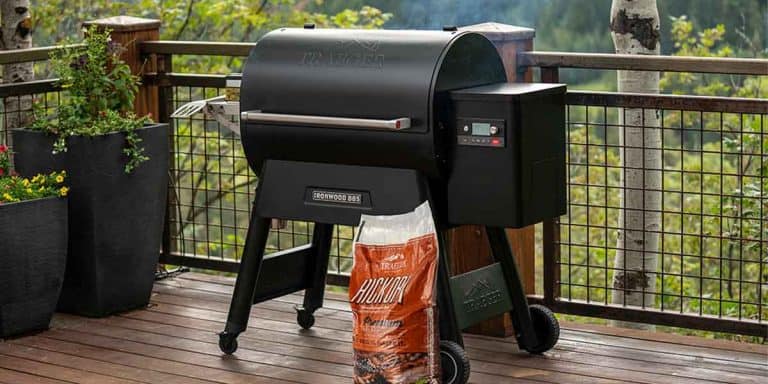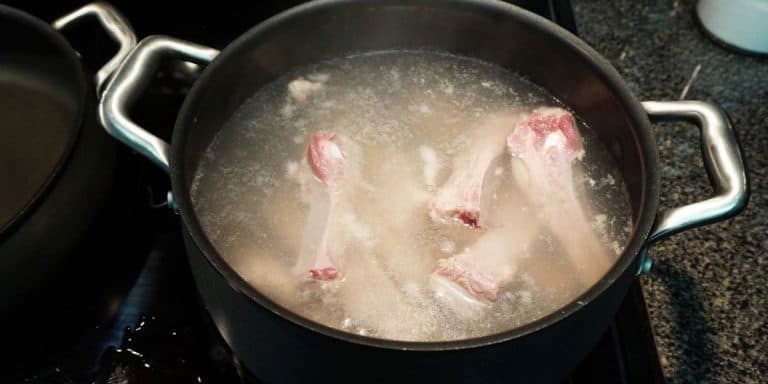How to Stop and Prevent Grill Flare Ups
When summers come around, so do grilling and smoking sessions with family and friends! These are probably the most looked forward to events by most, and so the last thing one wants is having their steak overly charred or their chicken burnt.
Grill flare-ups are common, and they happen so quickly that it becomes difficult to control. Especially when the fat or grease is way too hot, in which case it can become dangerous as well. So, there are certain precautionary measures that you can keep in mind when you’re at the grill- to avoid such incidents!
In this article, we’ll delete into the whys and hows of grill flare ups and walk you through the process of avoiding them. Moreover, we’ll help you understand what you can do in case you do encounter a grill flare-up that becomes an issue. So what are you waiting for? Dive right in.
What is a Grill Flare Up?
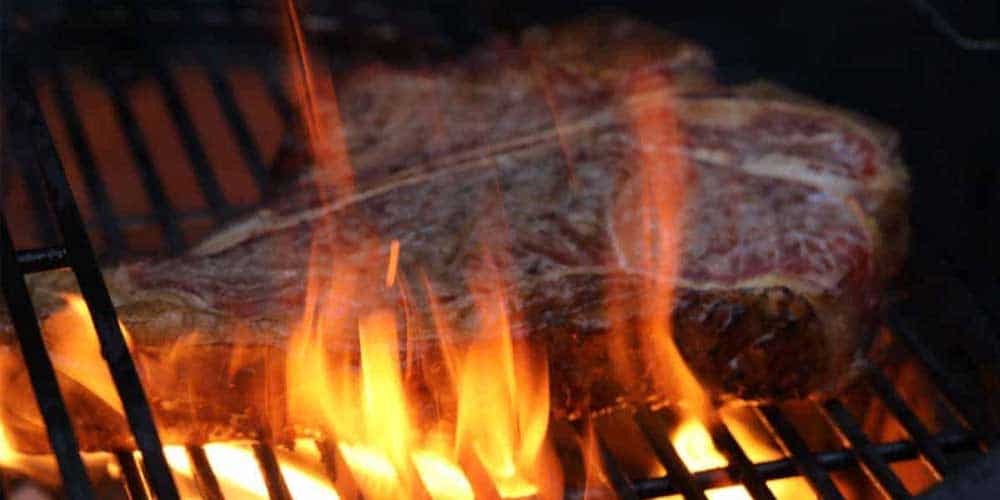
Before getting into the details, let’s understand what grill flare ups are. Grill flare ups are bursts of high-intensity flames that are sudden and quick. They are usually caused as a result of fat and oil that drop onto hot coal, wood, or igniting.
Often people confuse grill flare ups with grease fires. However, they’re not the same thing. Flare ups are temporary upsurges that are caused due to small drips. They are a common part of grilling and not usually something you have to worry about extinguishing. Grease fires are usually much more dangerous because they flare and spread rapidly.
If a small grill flares up, the best move is to shift the food to another part of the grill while it dies down. If your grill has carbon or grease buildup, your grill flare up can grow into a grease fire, which can be a problem. Thus, it’s important to ensure that it is controlled in the initial stage itself.
How to Stop a Bad Grill Flare Up?
Coming to the crux, which is how to stop grill flare ups- here is a rundown of the steps you can take if you encounter a gas grill flare up.
- If you face a grill flare up, the first step is to turn off the burners and move the food to another part of the grill to avoid it from getting charred. The flare up should settle eventually.
- However, if the gas grill flare up has escalated and become worse, it is important to act quickly as it can become dangerous. Remember, oxygen fuels fire, so try to use the grill lid and vents to suffocate the fire. If the flames start to die down, check carefully and open the grill lid with ease.
- If the flames are continuing to smoke up, make sure you do not open the lid with a sudden jerk. This can result in a flash fire. Wait for the flames to subside and then gently open the lip.
- Always make sure that you do not spray water during a grill flare up. The water will only make the situation worse since it can cause the grease to explode. Instead, use baking powder, salt, or sand to try and smother it if you’re not worried about the mess it might create.
- If nothing else works, it is best to bring out the fire extinguisher. Lastly, if the fire gets out of hand and begins to spread quickly- evacuate the area and call for professional help.
How to Prevent Gas Grill Flare Ups?
Almost everyone who has faced such a situation wonders, “Why does my gas grill flare up” and that is a valid concern. It is important to know how to prevent gas grill flare ups in order to make sure that you can avoid them in the first place.
Even though these grill flare ups are common, they are inconvenient and can cause the food to burn smell or cause build-up on the grill. Here are a few tips on preventing flare ups on a gas grill to help you steer clear of these incidents completely.
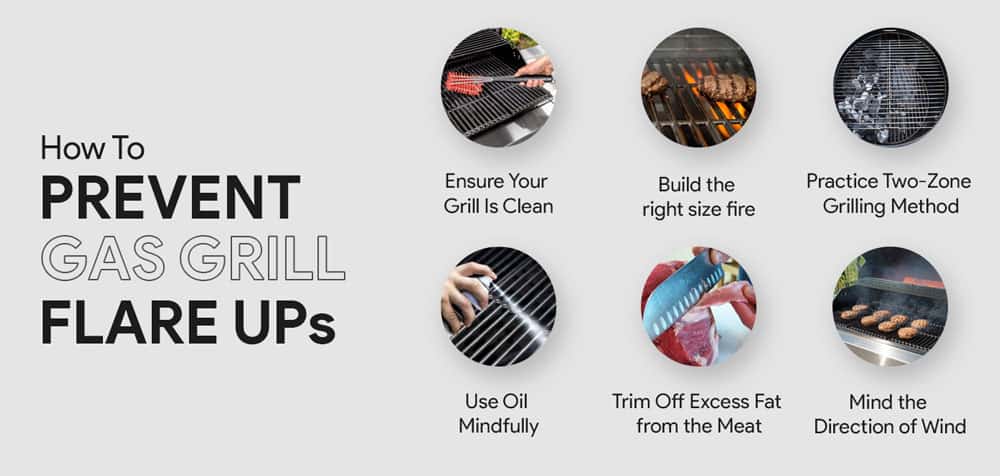
1. Ensure Your Grill Is Clean
The number one cause of gas grill flare ups getting out of control is a dirty grill. Deep cleaning your grill and maintaining its hygiene between sessions is key to preventing flare ups on gas grill. After each use:
- Heat the grill for a while to burn off the leftover food residue that may still be present on the grates (cast iron or stainless steel grates).
- Make sure you remove the carbon build-up using aluminum foil or a grill brush, as this can become a problem the next time you use it.
- Scrape out the ashes that are present in the interior of the grill, and scrub the greased pan too.
Keeping your grill clean can avoid your common grill flare ups from converting into full-blown grease fires.
2. Practice the Two-Zone Grilling Method
If you ask anyone “how to keep gas grills from flaring up,” they will recommend the two-zone grilling method, which is the most beneficial method of cooking food on the grill. To create this two-zone grill strip, you need to position your heat source on one side on which the direct, high heat cooking will take place, and the other side will remain the indirect heat side which will not use a fuel source.
The fuel side is used for searing and other such cooking methods, whereas the side without the fuel source can be used for low-temperature cooking as well as a safe zone for your food during flare ups.
If you’re using a charcoal or wood grill whether it is from weber or stok, keep the charcoal or wood grill on one side- namely the fuel side used for high heat cooking. In the case of a gas grill, keep half a burner or one burner, depending on the size of the grill, in order to create a high heat zone. The opposite side will be used as an area to move the food to when any flare ups are caused!
Recommended: Are Charcoal Grills Worth It?
3. Use Oil Mindfully
When you ask a professional “how to avoid flare ups on a gas grill,” they will usually hold the amount of fat and oil you use accountable. Whenever you’re using oil on your grill to marinade your food, keep the amount controlled.
Ensure that the meat is not dripping with oil when put on the grill. If you are marinating your food, don’t go all out with the oil, and instead of dipping it, use a brush to apply oil- this way, the amount of oil used will stay checked,
4. Trim Off Excess Fat from the Meat
As mentioned above, fat and oil can initiate as well as aggravate grill flare ups and so it is important to check their presence. It is important to trim off as much excess fat as possible without losing the flavor of the meat.
With steak, it becomes important to trim off the excess fat so that it doesn’t cause a problem. Ideally, you must trim off ¼ inch of the fat from the edges before you put it onto the grill. By trimming off any excess fat, you can work towards preventing flare ups on a gas grill- and even if they do take place, they’ll be less severe.
Also Read: How Long To Grill Steak At 350 Degrees Fahrenheit | Perfect Steak Guide
5. Mind the Direction of Wind
During grilling sessions, try to avoid the wind as much as possible. Aim to position your grill in such a way that the wind is as far as possible. A strong gust of wind towards your grill will force oxygen between your grated and result in a flare-up. The oxygen can also quickly accelerate any existing gas grill flare-ups and cause it to become a much larger fire. This is why it is important to keep your grill away from windy areas as much as possible.
Also Read:
Verdict | How to Keep Gas Grills from Flaring Up
Knowing what causes gas grill flare ups, how to stop grill flare ups and how to prevent gas grill flare ups will help you ensure that your cooking process goes smoothly and enable you to take charge in case something goes wrong. Always remember that prevention and preparation are key. It is important to take into account the precautionary measures that have been mentioned to help you avoid such mishaps.
If your grill is clean and away from the wind, your meat has minimal oil, and you practice the two-zone method- you have nothing to worry about. Not only will these habits help pin preventing flare ups on a gas grill, but they help keep your food from burning and smelling. Always pay attention to maintenance, preparation, and proper safety measures, and you’re good to go! Then, you can focus completely on your cooking and enjoy your summer cookout sessions!

